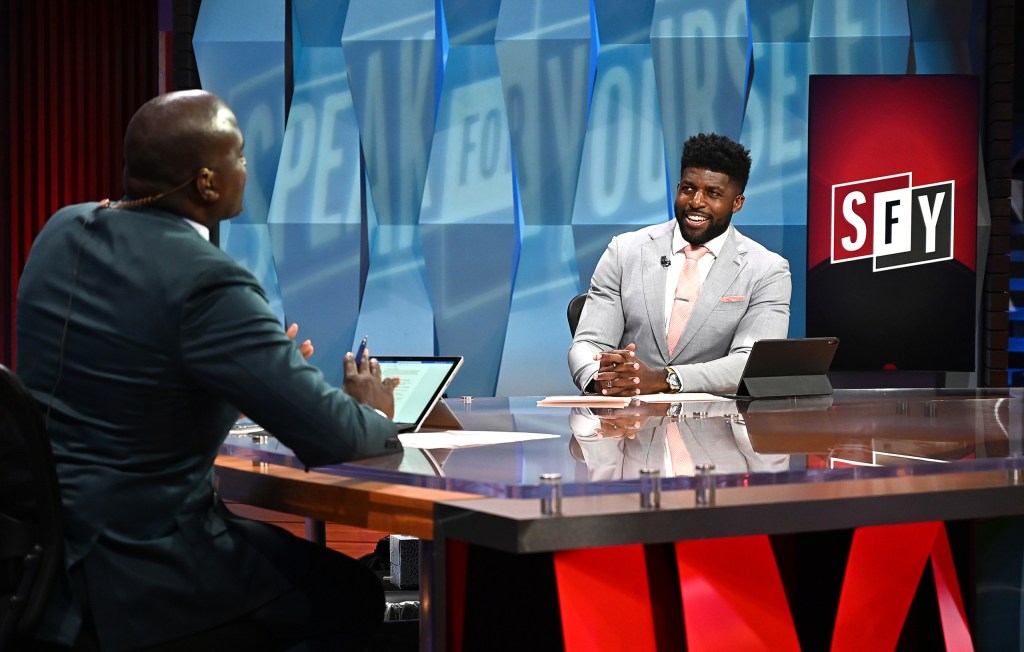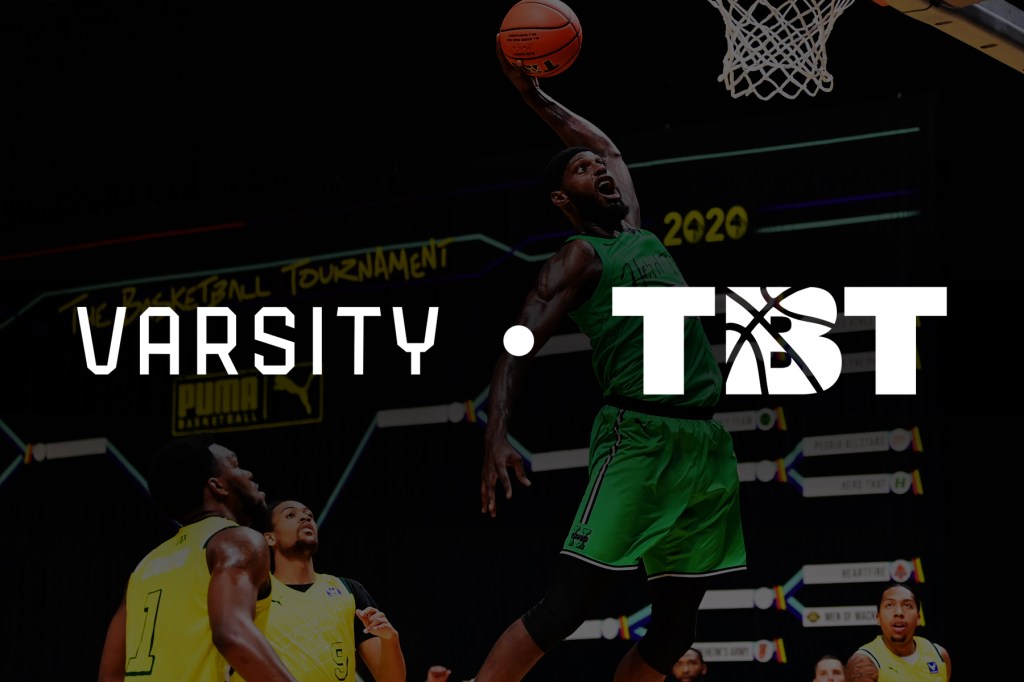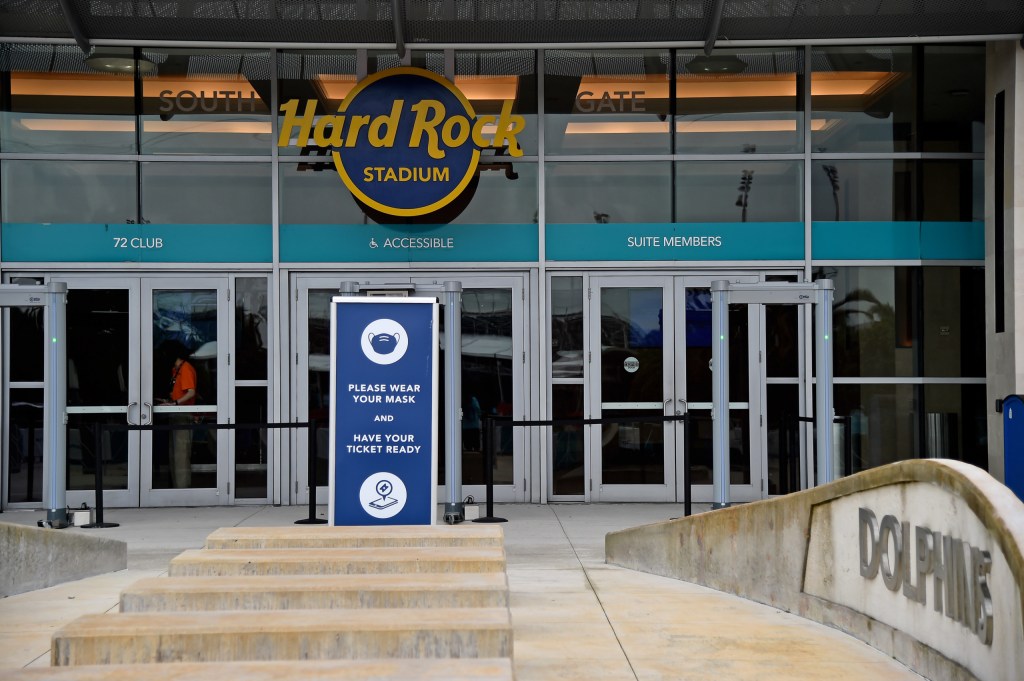By: John Searby, @JohnSearby
Many young professionals who graduate from college with a degree in Sports Management, or some other field, find themselves disappointed once they finally land that first job. According to Haydn Shaw, in a recent article on Huffington Post, Millenials (born 1980–2000) “often seek to balance competing values so their [expectations] appear contradictory. For example, they seek work-life balance because they prioritize family, but they also want a high income. They prioritize meaningful work, but not as high as a comfortable lifestyle. They seek honesty and regular feedback from their managers, but half don’t want to become managers because they would have to give difficult feedback.”
Many first time jobs in the sports industry don’t provide the kind of flexibility that those types of ideals desire. They require long hours, grunt work, busy work and stringent evaluations and oversight from managers (especially sports sales jobs).
Some of these internal struggles work themselves out, but many do not for young professionals. It isn’t something to apologize for, but it is also a reality that is important to understand. It is during these first years of working in the sports world that you have a choice to make and can influence how you are viewed in the industry moving forward.
Hard work is an expectation in nearly every field, particularly for young professionals. That being said, the sports industry can be a social life and free time destroyer. To combat this, make sure you carve out real “days off,” from work where you don’t do anything related to your team or job. In addition, think of ways that you and your organization can work smarter as opposed to just putting in more hours. If you come up with a way to automate a currently manual activity or process through the use of technology that is free or inexpensive, you’ll not only save yourself a lot of mindless busy work, but probably save your co-workers and boss time and effort as well. The result could be increasing your value to the organization! Test your new system first on a small basis for a project you are working on, then show the results to your boss and ask if it can be tested on the big task.
The sports industry is also notorious for meaningless busy work thrust on interns and young professionals. I’ve asked interns to do things like put t-shirts on 10,000 seats in an arena, pass out 12,000 koozies at the entrances to games, and blow up hundreds of helium balloons for a donor party. It is easy to view this work as meaningless if you only look at the job itself. However, if you can change your perspective on this sort of task, the satisfaction you find in doing it may follow.
I worked for an Athletic Director who, at the beginning of each football season, would remind our staff that for hundreds of people this would be their first time at a football game and we would be a part of their first impression. Something as simple as pleasantly giving directions to a restroom could impact how someone felt about that visit, which translates to their interest in a return visit. He would always close by telling us “every million dollar donor we have came to their first game one time, so treat every fan like a million dollar donor.” With that type of perspective on a job like passing out t-shirts or blowing up balloons, you can impact the experience that someone has at your event. If you aren’t interested in improving the fan experience, no matter what type of sports field you are in, you shouldn’t be working in sports.
Evaluations are one of the toughest parts of every job. After twenty-years in the sports industry, I still receive evaluations from my boss (now the CEO), and they are still my least favorite parts of my job. The fact of the matter is, however, that it is only through the feedback and evaluation of others that we can effect positive change in our own personal and professional lives. We all have blind spots to our own abilities and inabilities. Generally, we are much harder on ourselves than we should be in regards to our weaknesses and we give ourselves far too much credit for our strengths. Receiving honest feedback from our managers helps us understand what others are seeing in us. You don’t have to always agree with those evaluations, but you need to accept that perception is often reality and if someone perceives a weakness in you that you don’t see, it is real and you need to give attention to it or risk not achieving your professional goals.
On the flip side, I don’t know many good managers who ENJOY giving evaluations. It is challenging to give someone constructive criticism for fear of how they will react. So make it easy on your manager — ask for it before they are forced to give it to you. If you have formal evaluations quarterly, try to grab lunch with them monthly to ask them one thing they think you’re doing well and one thing you could improve on. Then follow through on their suggestions. It will make your quarterly reviews less uncomfortable for everyone.
Jobs, especially first jobs, are rarely what we dreamed they would be when we first signed on with our new company. Having ideals and expectations for work that are lofty is a part of being a young professional. Being realistic about your own ideals and being willing to break out of your comfort zones is a part of maturing professionally.
You don’t have to give up your work-life balance or settle for meaningless work to accept a job in sports. You simply have to be willing to do your best and communicate your wants and needs to your manager when necessary. It is a lot easier to get those wants and needs met when you are working above and beyond expectation on the tasks you are given.
















